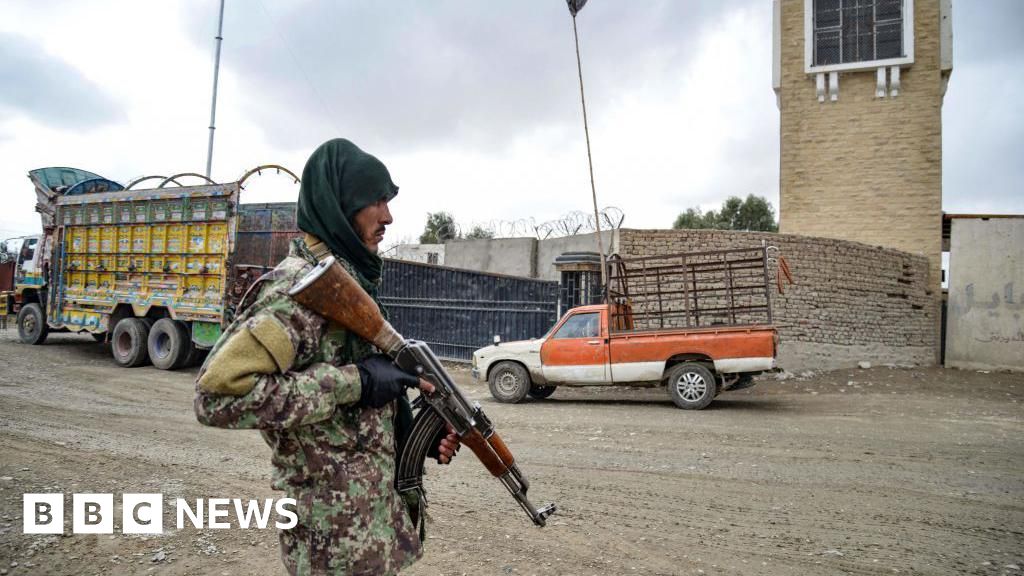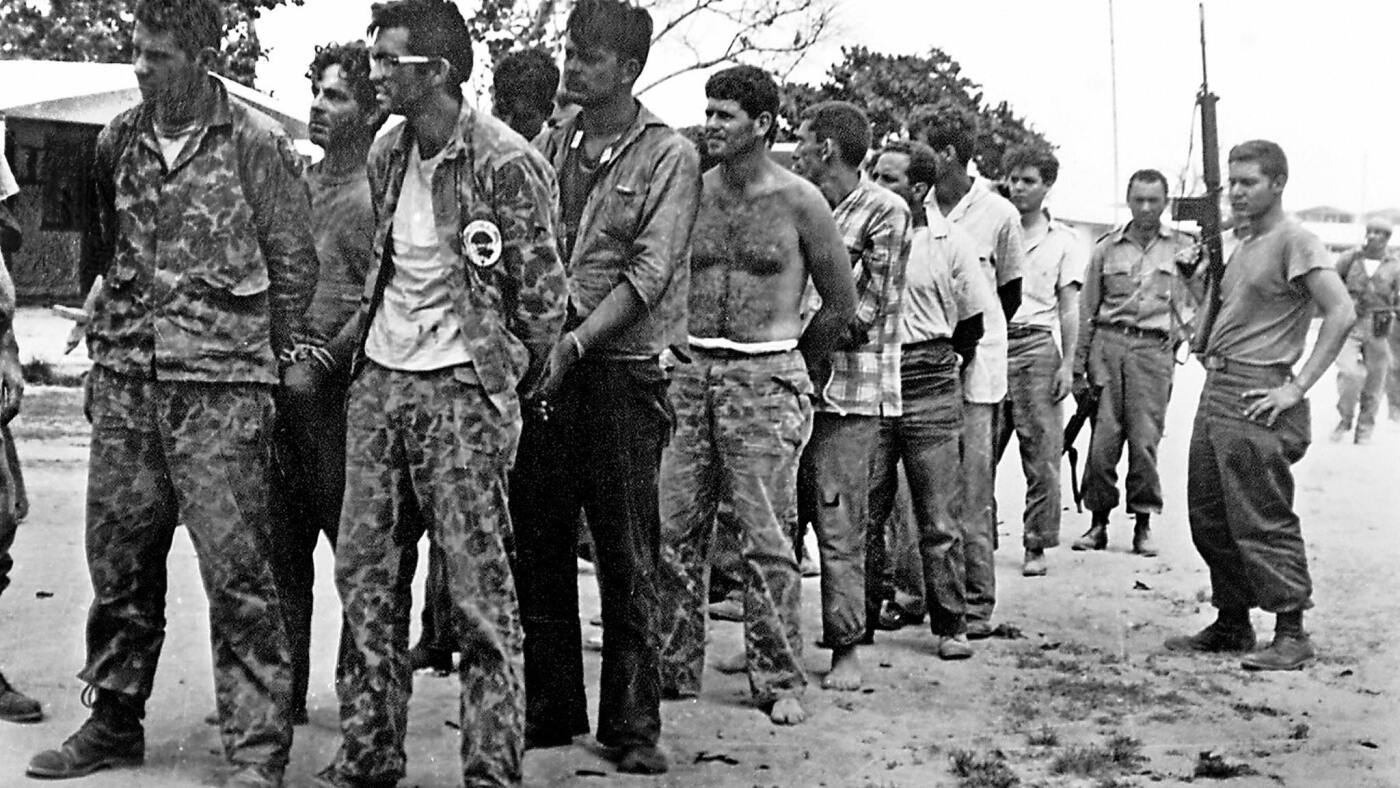## Overview
The Afghan Taliban is a predominantly Pashtun, Sunni Islamist group that has played a central role in Afghanistan’s political and social landscape for three decades. Formed in the early 1990s by Afghan mujahideen who had fought the Soviet occupation, the Taliban—whose name means “students” in Pashto—initially gained support by promising stability and law after years of civil war among rival factions[1][2]. The movement’s core consisted of religious students and peasant farmers from Afghan and Pakistani madrasas, with strong backing from Pakistan’s Inter-Services Intelligence Directorate (ISI)[1][3].
## Key Achievements and Governance
The Taliban’s most significant achievement was its rapid military campaign in the mid-1990s, culminating in the capture of Kabul in 1996 and the establishment of the Islamic Emirate of Afghanistan, which controlled about 90% of the country by 2001[1][2]. During its initial rule, the group imposed a strict interpretation of Islamic law, severely restricting women’s rights, banning music, and enforcing harsh punishments[2]. The regime also provided sanctuary to al-Qaeda, leading to its overthrow by a U.S.-led coalition after the 9/11 attacks[2][4].
Following their removal from power, the Taliban regrouped in Pakistan with ISI support, launching a protracted insurgency that lasted until the U.S. withdrawal in 2021, when they retook control of Afghanistan[3][6]. Since their return, the Taliban have governed through inherited state structures, dissolving institutions focused on women’s rights and parliamentary affairs, and reinstating the Ministry of Vice and Virtue to enforce moral codes[5]. There is no evidence of a formal penal code or independent judiciary, with justice often administered according to the group’s interpretation of Sharia[5].
## Current Status and Notable Aspects
Today, the Taliban govern Afghanistan as a de facto






